- Building AB, No. 7 Shiji 2nd Road, Torch Development Zone, Zhongshan City, Guangdong Province, 528437, China.
- enquiry@apt-mold.com
- +86 18814246095
We are experts at combining a wide array of manufacturing processes with a broad palette of raw materials to make finished parts and assemblies quickly and to the highest quality.
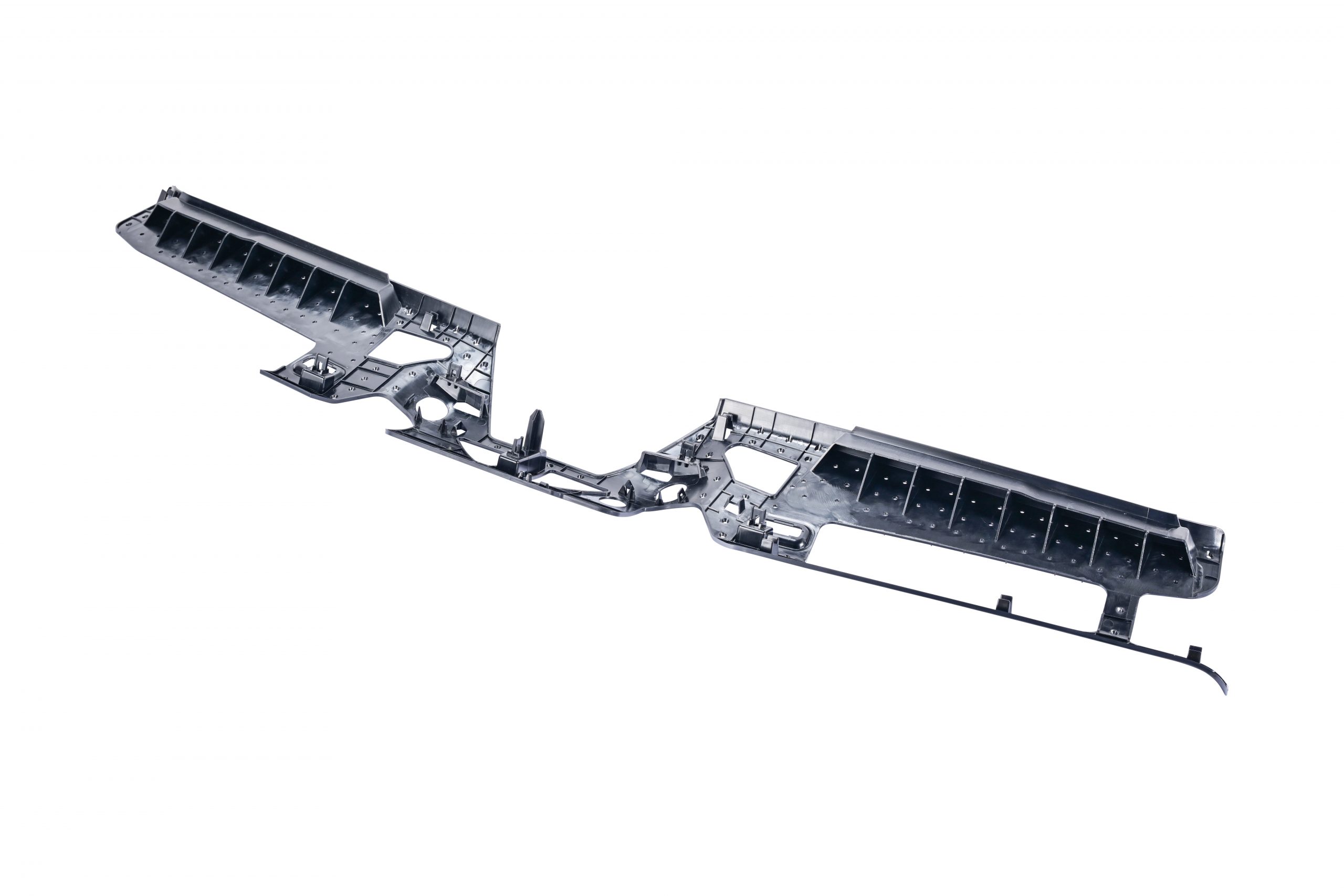
+86 18814246095
APT continuously scales its offerings, delivering an ever-expanding menu of manufacturing capabilities
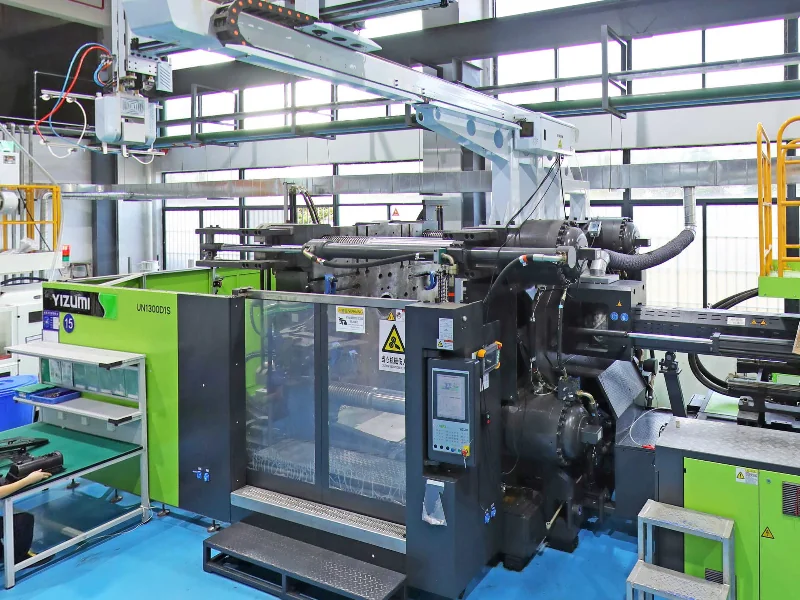
Injection Molding
Injection molding offers solutions with unparallel efficiency and cost-effectiveness for consumer goods that meet high-quality standards while optimizing production timelines.
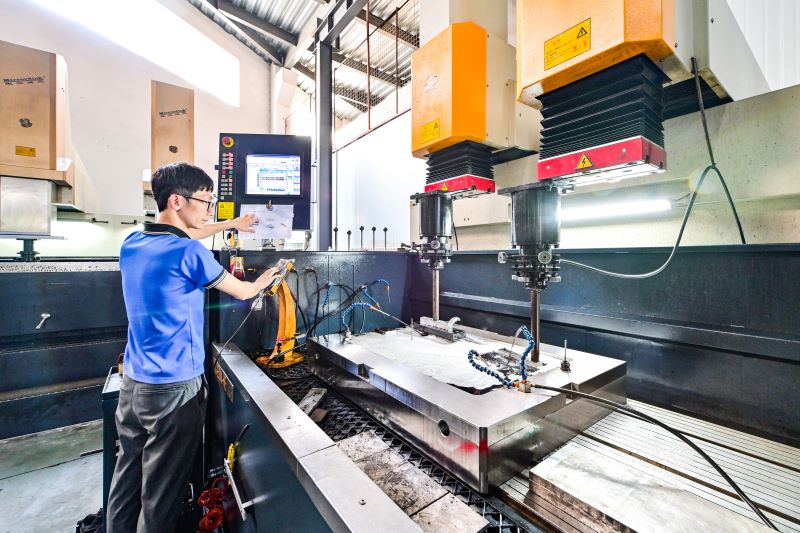
CNC Machining
Technology-enabled CNC machining processes can accelerate manufacturing cycles, lower development costs, and help support product customization that consumers now demand.
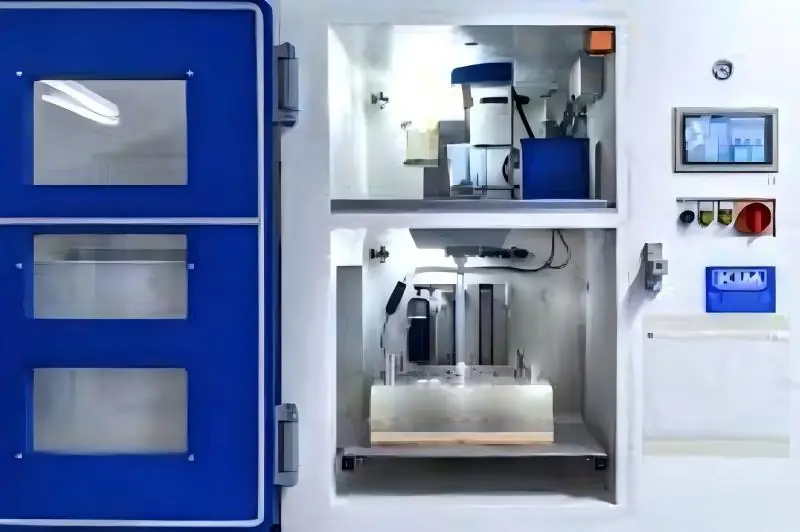
Vacuum Casting
From show-room quality display models to end-use products, vacuum casting accelerates product development and market introduction.
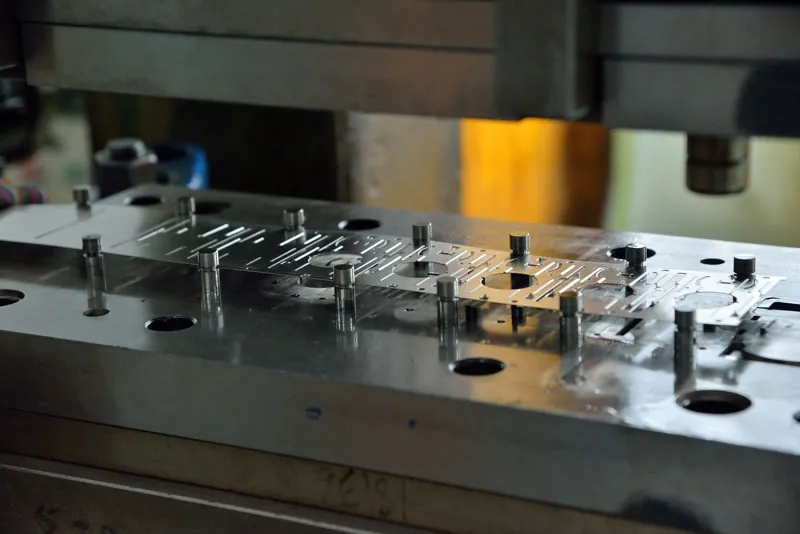
Sheet Metal
The durability and versatility of sheet metal make it a common and critical technique widely used in electronic product like cell phones, drones, computers, audiovisual equipment, etc.
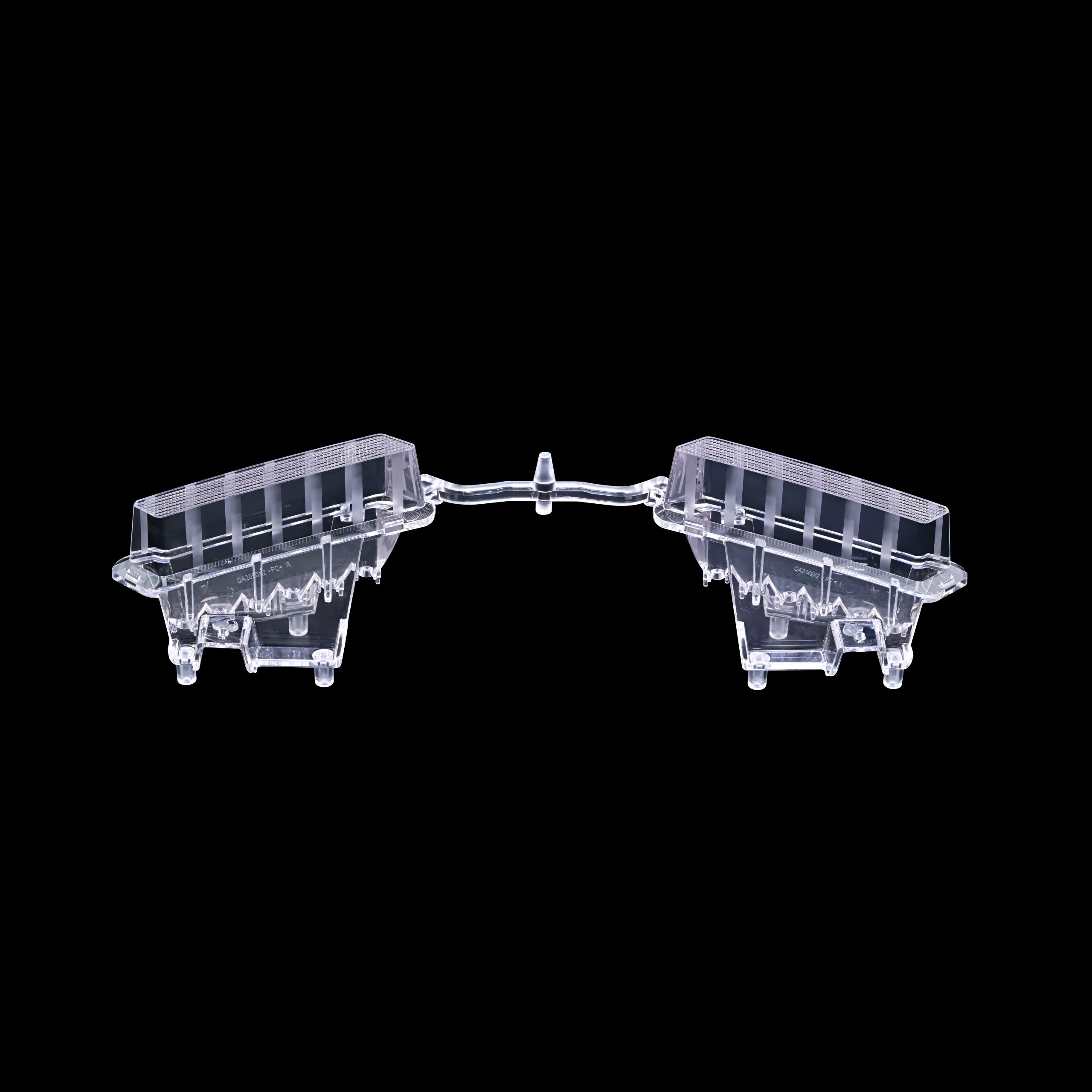
Material selection in the automotive industry to make vehicles lighter, safer and more fuel-efficient at competitive cost.
Polypropylene (PP) is a flexible, fatigue-resistant family of thermoplastics commonly used in automotive interiors, bumpers and other products requiring toughness and light weight. The different grades of polypropylenes are grouped as homopolymers, impact copolymers, offering superior strength-to-weight ratios, and good impact resistance even at cold temperatures. PP also has excellent chemical and heat resistance.
Acrylonitrile Butadiene Styrene (ABS) is another thermoplastic with exceptional impact resistance and toughness. It is a lightweight alternative to metal in dashboard trim, electronics enclosures, hubcap covers and other such automotive applications. ABS is also well-suited to heavy-duty applications, so it can be used for automotive body parts, too. Plastic used in cars, like ABS, helps the body absorb and redistribute energy during an impact, keeping passengers safe.
Polycarbonate (PC) is very thermoformable, and is frequently shaped into see-through headlight lenses where glass is unsuitable due to weight or breakage concerns. Polycarbonate is so resistant to impact that it is often used for car bumpers. This kind of car plastic is highly resistant to weathering, able to handle conditions from rain and snow to heat and cold. Polycarbonate is also lightweight, so it reduces a car’s overall weight, which in turn improves vehicle’s fuel efficiency.
Polyamide (Nylon) is also frequently filled with mineral or glass fibers to improve stiffness-to-weight ratios and improve mechanical properties. This makes it one of the strongest plastics available at APT and—because nylon is self-lubricating, thermally stable and very wear-resistant—is an excellent candidate for engine covers, door handles, gears and fuel caps.
Polyoxymethylene (POM) is renowned for retaining its shape, withstanding exposure to chemicals, and resisting damage from ultraviolet light. Due to these properties, POM is commonly used to construct automotive components that demand high tolerances and durability when exposed to fuels, harsh chemicals, and low temperatures. Applications include interior and exterior trim pieces as well as fuel system components.
Polybutylene Terephthalate (PBT) has excellent chemical and electrical resistance. It is a hard, tough material that absorbs little water. PBT can withstand dynamic stresses and maintains dimensional stability even in extreme heat. It is easy to process due to its fast crystallization and cooling properties. Some common application of PBT includes bumpers, door handles, and other trim components.
Thermoplastic Polyurethane (TPU) can take on both soft and hard forms, is exceptionally resistant to solvents, radiation, and environmental wear. Because of these qualities, polyurethane is well-suited for numerous applications, including tires, bumpers, headrests, car seats, and more.
Stainless Steel is widely used in car exhaust systems and for auto parts such as hose clamps and seatbelt springs due to its flexibility and durability. Its strength, high fatigue and corrosion-resistant properties make it a common choice in chassis, suspension, body, fuel tank and catalytic converter applications.
Aluminum is lightweight material which enhances performance and improve fuel economy. Furthermore, this metal is versatile, strong, efficient, safe, recyclable, and abundant. Some common applications of aluminum include spokes, structural components, gauges, rotors, wheels, rotors, and much more.
Simply click on the Request A Quote button and follow the instructions.

You will usually receive our quotation within 24 hours.

Place an order. We can help you easily handle all the requirements.

We start the job and deliver the parts to you on schedule, just as we promised.
Upload CAD files and submit the important details about your project.
Get quote with DFM analysis within 1 day.
Confirm Quote and Manufacturing Begins.
Qualified parts are delivered straight to your doorstep.
